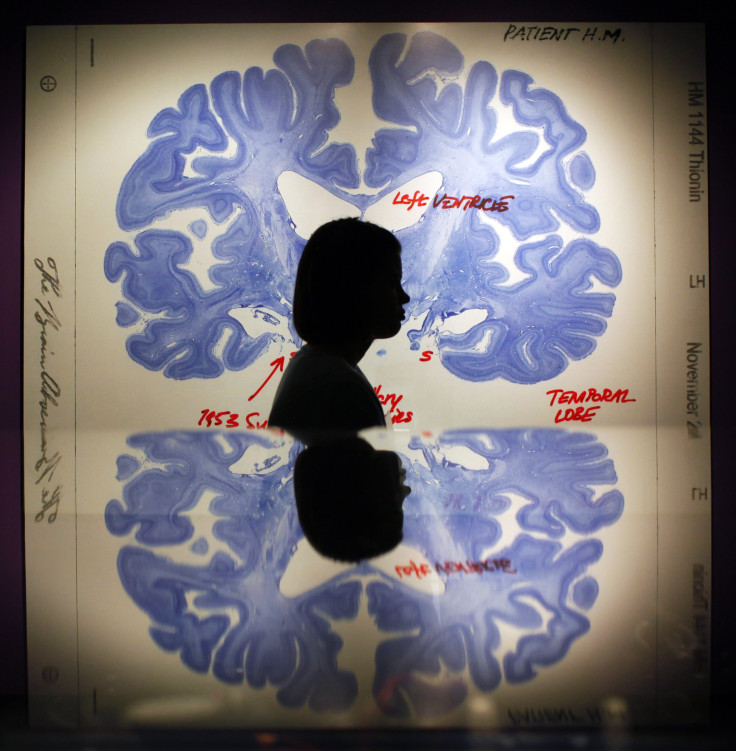Brawn, Not Brains, Likely Primary Driver of Evolution

For years, researchers have pointed to humans' large brains as evidence of our relative intelligence. Homo sapiens may not have the largest brains in the animal kingdom, but their extraordinary size in relation to our bodies has long been thought as what set us apart. It followed, then, that our large brains drove our evolution as a species, leading to our size. But biological anthropologists found that may not be true. In fact, they say, in carnivorans like humans, our large brains grew as a result of our size, and our large brains emerged out of our need for strength.
A multinational team of researchers - hailing from the University College London, the University of Konstanz in Germany, and the Max Planck Institute in Germany - looked at data for three types of animals, modern and extinct bats, primates, and bats, charting their body sizes in relation to their brains over the course of millions of years. In all of the animals except for bats, animals' bodies became bigger and stronger more quickly than brain size.
Researchers say that greater intelligence - and larger brains - comes as a result of overall need for bigger, stronger bodies. For example, in primates, their brains decreased in size more quickly than their bodies shrank. Therefore, it was more necessary for them to have strength than to be intelligent.
The one exception that proves the rule, though, is bats. Bats have evolved to be smaller as they have needed to become more agile and swifter. But their brains have remained large for their body size, letting them have increased capacity to navigate dark caves. Since bats live in an environment where they have had to first adapt physically, it follows that their better brains would complement that.
The study is published in the Proceedings of the National Academy of Sciences.



























